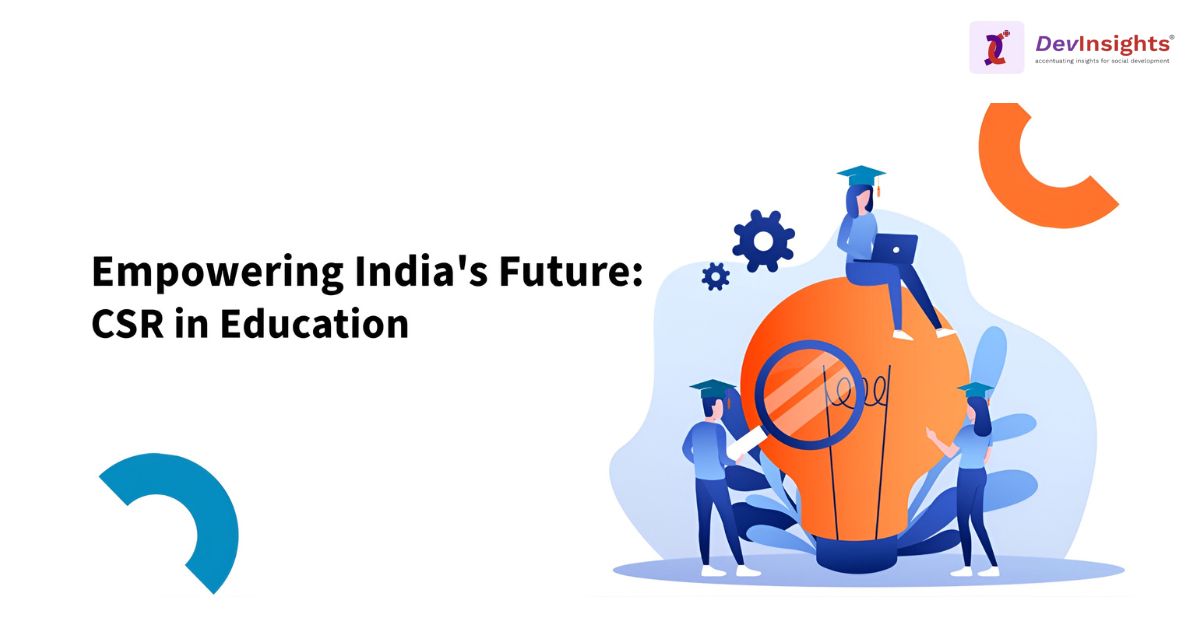Understanding ESG: A Guide to Sustainable Business Practices-Making ESG Simple
In today’s world, companies are expected not to do just businesses, make profits but so much more beyond it, in consequence they must also take responsibility for society, the environment, and ethical business practices. That’s where ESG comes in. ESG stands for Environmental, Social, and Governance. It’s a way to measure how responsibly a company behaves across these three areas.
Environmental means how a company protects nature like reducing pollution, saving energy, and managing waste. Social is about how it treats people i.e. like workers’ rights, safety, community support, and diversity. Governance covers how a company is run such as its ethics, leadership, transparency, and whether it follows rules properly.
So, why does ESG matter? Simply put, companies that do well on ESG are seen as more reliable, future-ready, and trustworthy. Investors are more likely to support them, customers are more loyal, and employees are happier. In India too, ESG is gaining ground, especially since the Securities and Exchange Board of India (SEBI) made Business Responsibility and Sustainability Reporting (BRSR) mandatory for the top 1,000 listed companies. This is pushing businesses to take sustainability seriously and report their efforts clearly.
Now, Here’s a simple guide to begin the journey in ESG reporting:
• Start by conducting a comprehensive assessment of your organization's current ESG practices, identifying key areas of strength and opportunities for improvement.
• Engage with investors, customers, employees, and regulators, to understand and value their expectations and priorities regarding ESG performance and reporting.
• Develop a clear ESG strategy and roadmap, setting measurable goals, targets, and timelines for improvement.
• Invest in Enterprise Resource Planning (ERP)-centric ESG data management and reporting software to streamline data collection, analysis, and disclosure processes. This enables your organization to enhance transparency, accountability, and credibility in ESG reporting practices.
Well, how do companies show they are doing good in ESG?
That’s where ESG reporting frameworks come in. These are standard formats that help businesses collect and share ESG data in a way that others can understand and compare. Globally, popular frameworks include:
• GRI (Global Reporting Initiative): Reporting broad sustainability impacts
• SASB (Sustainability Accounting Standards Board): Industry-specific financial impact
• TCFD (Task Force on Climate-related Financial Disclosures): Focuses on climate risks
• CDP (Carbon Disclosure Project): Reporting on environmental data
• UN SDGs: Alignment with global development goals
How to Choose the Right ESG Framework:
Check organization’s goals: What do you want to report? (Climate impact, social issues, etc.)
Know your industry: Specific sectors require some frameworks that better suite their domain.
Follow the law: If you are in Europe or listed in the U.S., you may have mandatory frameworks.
Check what your stakeholders want: Investors, customers, and employees may expect certain frameworks.
Use more than one if needed: Companies often combine different frameworks to draw one complete picture.
In India, BRSR is now the go-to framework, aligned with GRIprinciples. It ensures companies not only disclose ESG performance but alsothink long-term about sustainability. This move is important because India,being a developing country, faces serious challenge like pollution, inequality,and climate risks. ESG reporting helps companies act responsibly in theseareas.
Steps in implementing ESG activities
For Indian businesses, starting ESG reporting can feel overwhelming, but it doesn’t have to be.
• First, identify which issues matter most for the company and its stakeholders, this is called a materiality assessment.
• Then, set clear goals like reducing emissions by 5% in 5 years, or increasing women in leadership roles. Choose the right framework such as BRSR or GRI (as mentioned above) and start collecting data on key ESG indicators.
• Make use of ESG software to track progress and report clearly each year.
Another key step is engaging with stakeholders that includes investors, employees, customers, and regulators. Their expectations are changing fast. For example, many global investors now look at ESG scores before funding a company. In India, banks and lenders may soon do the same. Transparent ESG reporting builds trust and gives businesses an edge in attracting investments, talent, and partnerships.
“ESG and CSR” Are they same?
NO!!! CSR is mostly about voluntary efforts such as charity, tree-planting, or community events. It’s good, but not always structured or measurable. ESG, on the other hand, is more data-driven. It tracks things like carbon emissions, gender diversity, or board transparency like things that can be measured and reported regularly.
Think of CSR as doing good, and ESG as proving and improving how you do good. In fact, many CSR activities, for example promoting girl child education or waste recycling can feed into ESG reporting if done strategically. Companies in India like Infosys and TCS have already started blending CSR with ESG to create long-term social and environmental value.
Key Takeaways
Finally, ESG is not only just about rules but also it’s about building a better future. Whether it’s reducing your carbon footprint, treating employees fairly, or being open in how you do business, ESG helps companies become more responsible and resilient. It’s also good for reputation. In a country like India, where social issues, climate threats, and governance gaps are common, adopting ESG early can help companies stay ahead of risks and contribute positively to society.
In the years to come, ESG is likely to become as important as financial reporting. Companies that take the lead today will be better prepared for tomorrow’s challenges, whether it’s new regulations, climate change, or investor demands.
The good news? Getting started is easier than ever. Take small, steady steps. Measure what you can. Improve where you must. And most importantly, stay transparent.
References:
World Economic Forum – What is ESG and Why It Matters:
https://www.weforum.org/stories/2022/01/what-is-sustainable-finance/
Harvard Business Review – ESG Isn’t Optional Anymore:
https://hbr.org/2024/09/moving-beyond-esg
MIT Sloan – ESG Rating Divergence Study:
https://mitsloan.mit.edu/LearningEdge/CaseDocs/Aggregate-Confusion-ESG-Ratings.aspx
https://www.sap.com/resources/esg-reporting-guide







.jpeg)


